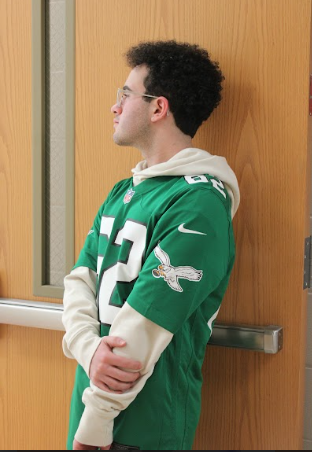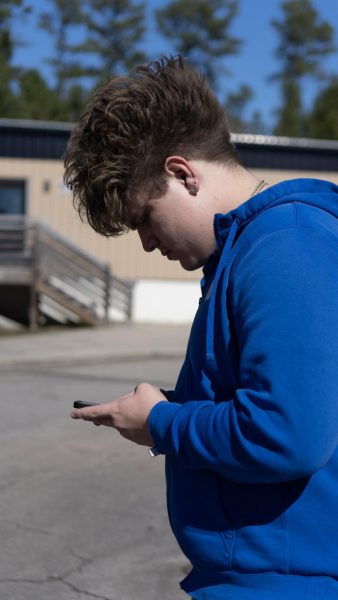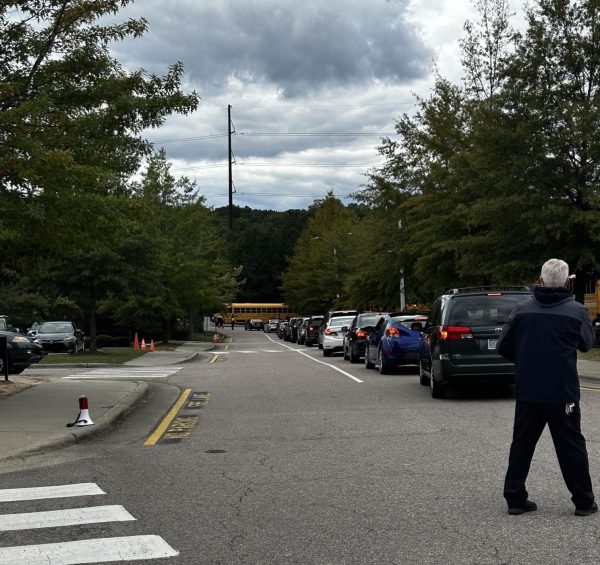A closer look into the struggle of drug addiction
Since the dawn of time teens have been told “Don’t do drugs” “Drugs are bad” and “If your friends jumped off a bridge, would you?” High schoolers laugh or shake their heads as they reassure their parental figures in their lives that drugs will never be a problem, but that is not always the truth.
The Search for Purpose
Numerous ideas about teens and drug addiction are explored in David Sheff’s book “Beautiful Boy” which was written about his family’s struggle when his son fell into drug addiction.
In “Beautiful Boy” David Sheff says about his son, “I try to understand what drugs mean to Nic. He once told me, ‘Every writer and artists I love was a drunk or an addict.” I know that Nic uses drugs because he feels clever and less introverted and insecure, and he also carries the dangerous-and fallacious idea that debauchery leads to the greatest art, whether by Hemingway, Hendrix or Basquiat.”
David Sheff’s conversation with his son, Nic, has essential insight into understanding why teens have made the choice to begin using drugs. Drugs seemingly give purpose to teens who feel lost, however, the solution leads to numerous more issues than teens originally had to begin with. To understand more about teen drug use it is best to break down fallacies.
It’s a misconception that the “bad kids” or the failing students are the ones who do drugs. The issue is, anyone is vulnerable. A mistake often made when looking at people, whether teens or adults, who abuse substances, is believing the problem is their addiction when often the addiction is the result of a bigger issue. At times people may not realize that initial drug use could be due to pressures the striving students’ face, which in turn leads them into trying a gateway drug to relieve stress only to find themselves spiraling downward into a path they don’t know how to come back from. A path that leads them into missing assignments and failing tests. It is often not considered that maybe students and teens don’t lose interest in things around them because they are on drugs, but rather they feel drugs are the path to finding meaning or a purpose again.
(Son and Father, Nicholas Sheff, Left, David Sheff, Right)
David Sheff explains the vulnerability of teens by discussing the reaction from others about his son’s drug addiction, “Someone who heard my story expressed bafflement that Nic would become addicted, saying, “But your family doesn’t seem dysfunctional.” We are dysfunctional-as dysfunctional as every other family I know. Sometimes more so, sometimes less so. I’m not sure if I know any functional families, if functional means a family without difficult times and members who don’t have a full range of problems. Like addicts themselves, the families of addicts are everything you would expect and everything you wouldn’t. Addicts come from broken and intact homes. They are longtime losers and great successes.”
When teens decide to pop their first pill or take their first hit, they often don’t realize the situation they are getting themselves into. There is often the mindset of “It won’t be me” and “I can’t get addicted” or “One time won’t kill me.” However, that is not true. As explained by David Sheff, “One-time use of the drug can be fatal. It can cause the body temperature to sharply rise, leading to lethal convulsions, death from hyperthermia, ‘arrhythmic sudden death’- the heart no longer has a functional heartbeat-or fatal aneurysms.”
If sudden death does not kill you, becoming an addict is a slow way of dying. There is a well-known beginning stage among addicts that the first high makes people feel “bright and shiny” but after initial use, people become addicted after searching for something that will give them the same feeling as their first high.
The trek into addiction was watched by David Sheff who talked about the effects of meth and how it changed his son, “…It also makes you paranoid, delusional, destructive, and self-destructive. Then you will do unconscionable things in order to feel bright and shiny again. Nic had been a sensitive, sagacious, exceptionally smart and joyful child, but on meth he became unrecognizable.” Many drug users describe their experience as being unreal and seeing themselves in the mirror and being unrecognizable. The use of drugs does not just solely affect the brain for a short period of time but rather changes the overall mental state of the user.
(Actor, Timotheé Chalamet as Nic Sheff in the movie, Beautiful Boy)
“…I would wait for the telephone to ring, never certain if it would be him (‘Hey Pop, how’re you doin’?’) or the police (‘Mr. Sheff, we have your son’). Whenever he was late or failed to call, I assumed catastrophe. He was dead. Always dead.” Nic’s drug abuse took a toll on his family as it does with any close families when a child falls into addiction. Teen’s in their youth may still see the world as revolving around themselves not realizing the effects their actions may have on others or on their family.
David Sheff as a father would wait in panic for nights, not knowing where his son went, when he’d be back, and in what state Nic would be in when he returned.
In many families, when someone has an addiction other family members want to see the addict get better and return to the person they once knew. The use of drugs is not an easy addiction to bounce back from and relapse is always part of the process. When the Sheff family first sought treatment David Sheff was surprised by how hard it was to recover. In the Beautiful Boy – Featurette: Everything (a documentary of the making of the movie Beautiful Boy) David Sheff said, “We were just going forward and thinking that this could never happen to us and in that way, I think we’re like so many families that just get blind-sighted when a child becomes addicted, I thought I’d pick him up thirty days later and he’d be fine, but three or four days later he relapsed and that began ten years of hell.”
(Timothee Chalamet as Nic Sheff in rehab as depicted in Beautiful Boy)
The biggest takeaways Panther Creek Students should have is knowing that drugs are not the solution and will not make them feel anymore whole, addiction can happen to anyone, drugs can kill in the first use. Students should never have the mindset that addiction and death with the use of drugs “Couldn’t happen to them.” Teens should be aware of their actions and the effect drugs can have on a family or friends and actively work against it. As best stated by Timothee Chalamet who played Nicholas Scheff in Beautiful Boy,
“Addiction knows no class, knows no race knows no boundaries, and it’s a modern-day crisis.”
(David Sheff and Nicholas Sheff in the late 80s)
Do you or a loved one suffer from a drug-related addiction?
Here are some resources for help:
https://www.samhsa.gov/find-help/national-helpline
https://www.helpguide.org/articles/addictions/overcoming-drug-addiction.htm
https://firststepnc.com/cary-substance-abuse-treatment
https://www.apexmethadonetreatment.com/clinic-locations/






















